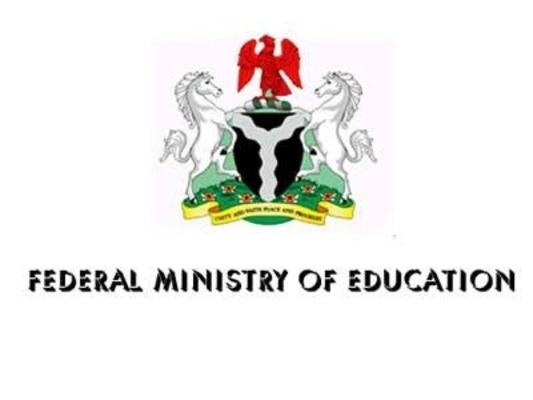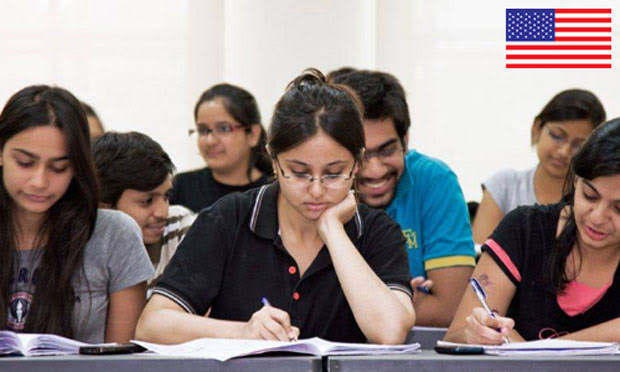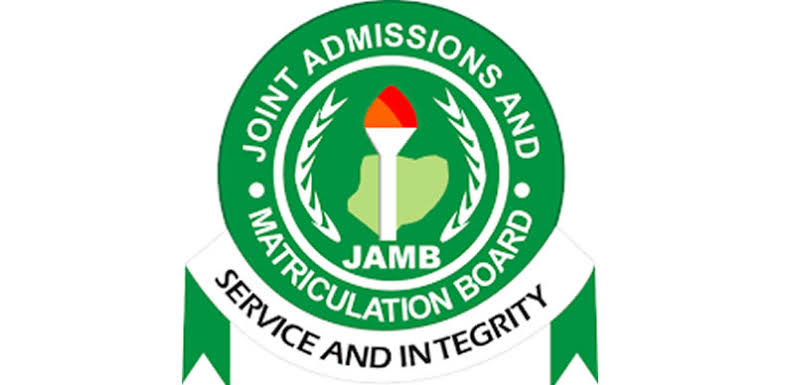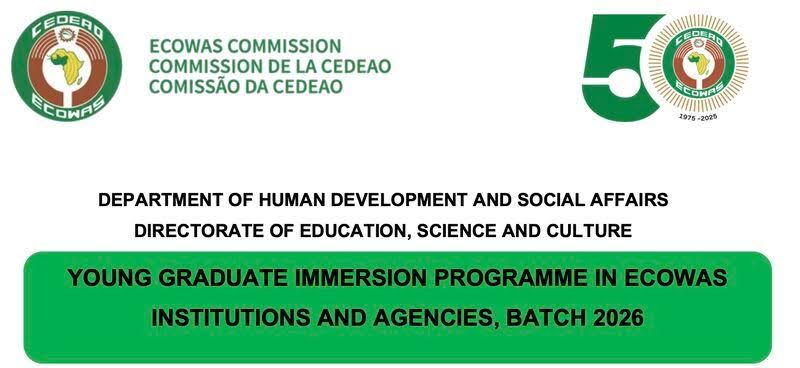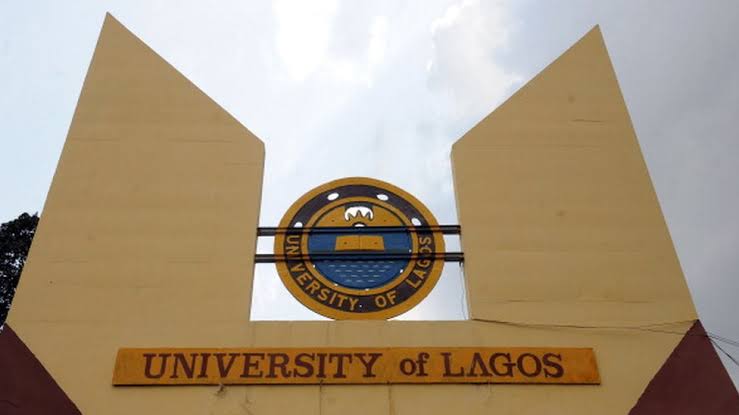Education is often described as the bedrock of any nation’s progress, not only because it equips citizens with academic knowledge, but also because it shapes their values, identity, and sense of belonging. In a landmark policy shift, the Federal Government of Nigeria has announced the reintroduction of History as a compulsory subject in the country’s basic education curriculum. This development has generated widespread reactions across the education sector and beyond, with many describing it as a long-overdue correction of an earlier misstep.
A Look Back: How History Disappeared from Nigeria’s Classrooms
For decades, History was one of the most important subjects in Nigerian schools. It taught pupils about the evolution of societies, kingdoms, and empires, the heroes and leaders who shaped the nation, and the values that held communities together. However, around 2007, during the launch of the New Basic Education Curriculum, History was removed from the primary and junior secondary school levels. This change became fully effective in the 2009/2010 academic session.
The reasons given at the time included:
- Low student enrollment in History classes.
- Lack of career opportunities for History graduates.
- A shortage of qualified History teachers across schools.
Instead of History, students were offered Social Studies, which touched on some historical elements but lacked the depth and context needed to preserve the nation’s heritage. Over time, this decision was widely criticized, as many Nigerians felt younger generations were losing touch with their roots and cultural identity.
The Return of History: What Has Changed?
Recognizing the gap, the Federal Government, through the Ministry of Education and the Nigerian Educational Research and Development Council (NERDC), has restored History as a compulsory subject at the basic education level. This means pupils from Primary 1 to Junior Secondary School 3 (JSS3) will once again study Nigerian History in depth.
For senior secondary school students (SSS1–3), a new subject called Civic and Heritage Studies has been introduced. This subject will merge History with Civic Education, ensuring that students not only learn about the past but also understand their rights, responsibilities, and role in sustaining Nigeria’s democratic values.
What Pupils Will Now Learn
The restructured curriculum is carefully designed to build knowledge progressively from the lower to upper classes.
At the Primary Level (Primary 1–6):
Children will be introduced to:
- The origins of Nigerian communities and ethnic groups.
- The lives of national heroes and heroines.
- Traditional rulers and cultural practices.
- Nigeria’s political history and governance.
- Religion, culture, trade, and societal systems.
- The colonial encounter and the struggle for independence.
At Junior Secondary School (JSS1–3):
The topics become broader and more analytical:
- Civilizations and ancient empires across Nigeria.
- Inter-regional trade and migration.
- European contact and colonial rule.
- The 1914 Amalgamation and its implications.
- Nigeria’s independence and early governance challenges.
- Democratic struggles, military regimes, and return to civilian rule.
- Civic values such as honesty, tolerance, and patriotism.
This approach ensures that by the time a child completes JSS3, they will have a solid understanding of the nation’s history, identity, and civic responsibilities.
Why This Move Matters
- Strengthening National Identity
A nation without a strong sense of history risks losing its identity. By teaching Nigerian children about their origins, leaders, and struggles, the curriculum aims to instill pride, unity, and belonging. - Preserving Cultural Heritage
Nigeria is a country of over 250 ethnic groups, each with its unique traditions. Documenting and teaching these histories ensures they are not lost to globalization or neglect. - Building Civic Awareness
The introduction of Civic and Heritage Studies at the senior level provides students with practical lessons on democracy, citizenship, and governance. This is crucial in a country where civic participation remains weak. - Correcting Past Errors
Removing History was widely considered a mistake. Reintroducing it signals the government’s recognition that education must go beyond science and technology to include heritage and values. - Equipping Future Leaders
Understanding the struggles of the past helps prevent mistakes in the future. A child who learns about Nigeria’s independence and democratic battles is better prepared to contribute meaningfully to nation-building.
Challenges to Expect
While the reintroduction of History is widely celebrated, implementation will not be without challenges:
- Teacher Shortage: There are still not enough qualified History teachers in many regions.
- Resource Development: Schools will need updated textbooks, learning aids, and training manuals.
- Curriculum Overload: Some parents and educators worry about the increasing number of subjects.
- Monitoring and Evaluation: Ensuring effective teaching and avoiding a mere “paper policy” will require strong oversight.
The government has promised to tackle these by retraining teachers, developing new resources, and setting up monitoring mechanisms.
